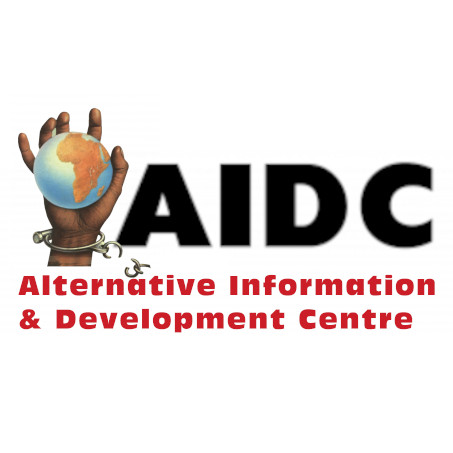The original post [click the link to read ▶️] “AIDC expresses solidarity to #RejectFinanceBill2024 Kenyan Anti-Austerity Protesters“ appeared first on AIDC | Alternative Information & Development Centre.
KEY TERMS EXPLAINED:
- Austerity Policies: Government measures to cut spending and increase taxes.
- Subsidies: Financial help from the government to reduce the cost of essential goods.
- Value-Added Tax (VAT): A tax on goods and services.
- Cost of Living Crisis: When everyday items become too high for most people to afford.
- Neoliberal Treatment: Economic policies favouring free-market capitalism often involve reducing government spending.
This media statement from AIDC explains why they support Kenyan protesters organising against the economic policies impacting the working class and the poor the most. Kenya’s Financial Problems and Austerity Measures: Kenya owes a lot of money to the International Monetary Fund (IMF) and other lenders. President Ruto has made big cuts to government spending and increased taxes to manage this debt. These measures are called austerity policies.
Impact on People and the Country’s Budget: The cuts and taxes hit the working class and unemployed people the hardest. For example, subsidies (financial help) for important items like maize flour were removed, and the Value-Added Tax (VAT) on fuel was doubled from 8% to 16%. In October 2023, all government departments had to cut their budgets by 10%.
Current Situation in Kenya: Cost of Living Crisis: These austerity measures have worsened the cost of living crisis, which started because of COVID-19. Now, 73% of Kenyans are struggling financially. A new Finance Bill and Protests: A new finance bill added more taxes, like a 16% tax on bread, and further cuts to healthcare and education, which has led to mass protests. The government had to withdraw some harsh measures after protests led to over 300 arrests and one death.
Social Injustice: Mismanagement by Elites: Many Kenyans are angry because the government spends money wastefully on things like renovating state lodges and creating unnecessary jobs for the spouses of cabinet ministers, while ordinary people suffer. Continued Protests: Despite some measures being withdrawn, people are still protesting to show they won’t accept being blamed for the financial mismanagement by the elite.
Comparison with South Africa: Similar Problems: South Africa also faces problems like unemployment and a public health crisis due to austerity, though not as severe as Kenya’s. The long-term impact of cutting basic services and social support can hurt economic growth – if people can’t afford more than basic necessities, the economy suffers because people aren’t spending money.
Global Context: Common Issues in Global South: Many countries in the Global South face similar issues due to debt, low growth rates, and high living costs. Need for Different Solutions: The usual solutions suggested by institutions like the IMF don’t work well. Countries need strong political leadership and new ideas to find better solutions.
For media comments, contact:
- Dominic Brown – 081 309 4973 or dominic@aidc.org.za
- Aliya Chikte – 082 695 5659 or aliya@aidc.org.za
- Jaco Oelofsen – 084 376 9019 or jaco@aidc.org.za






